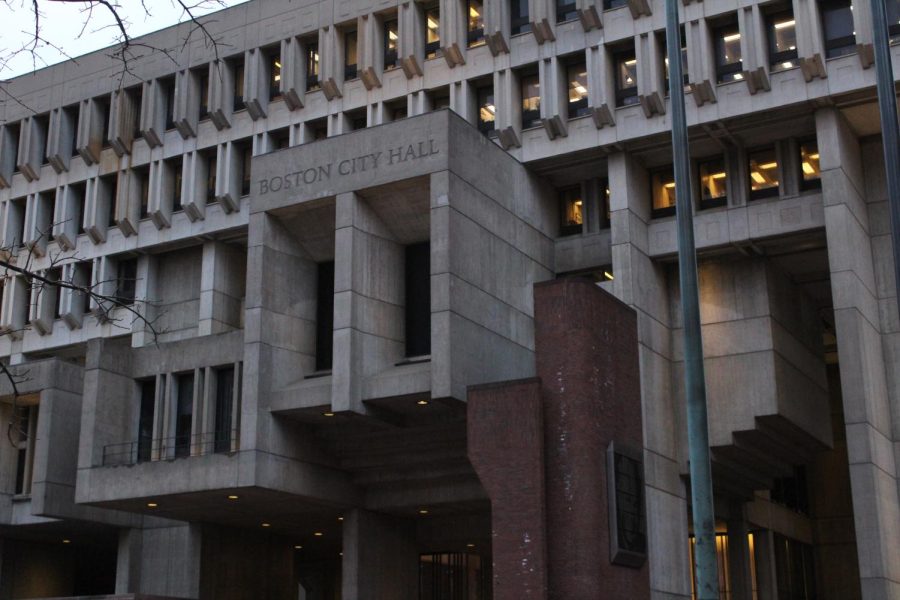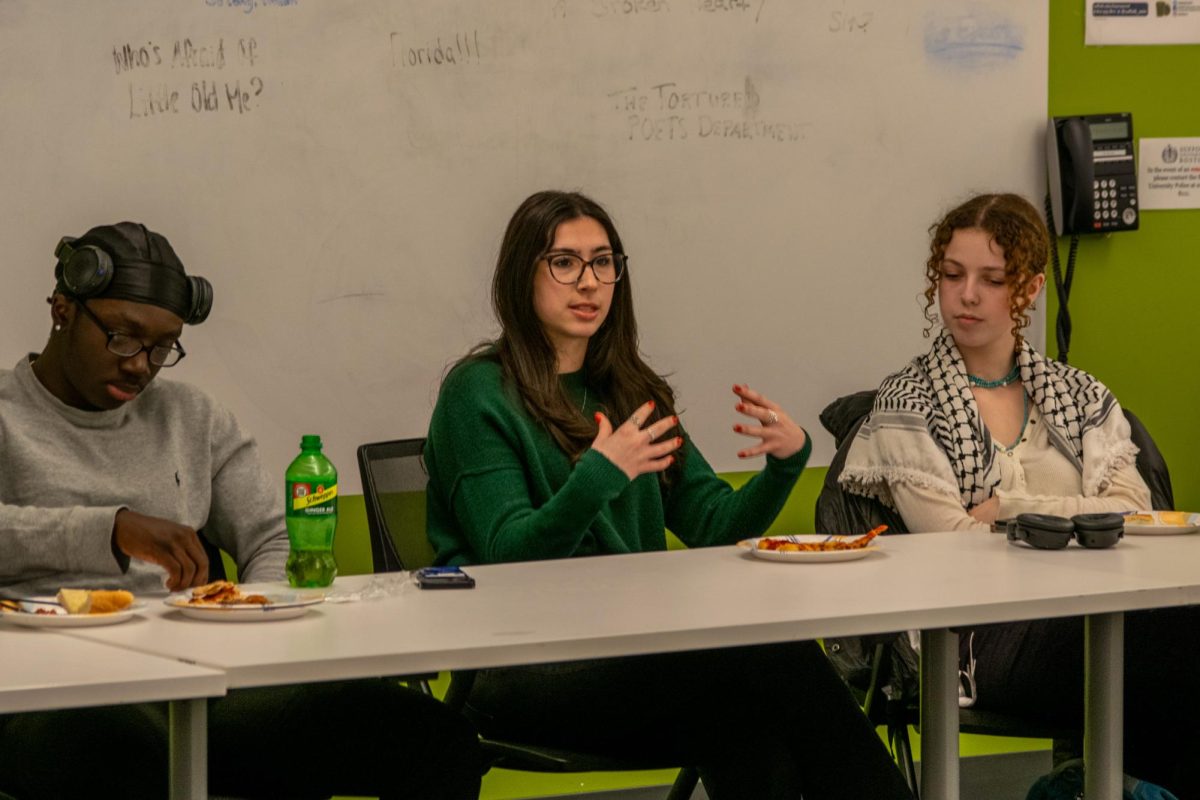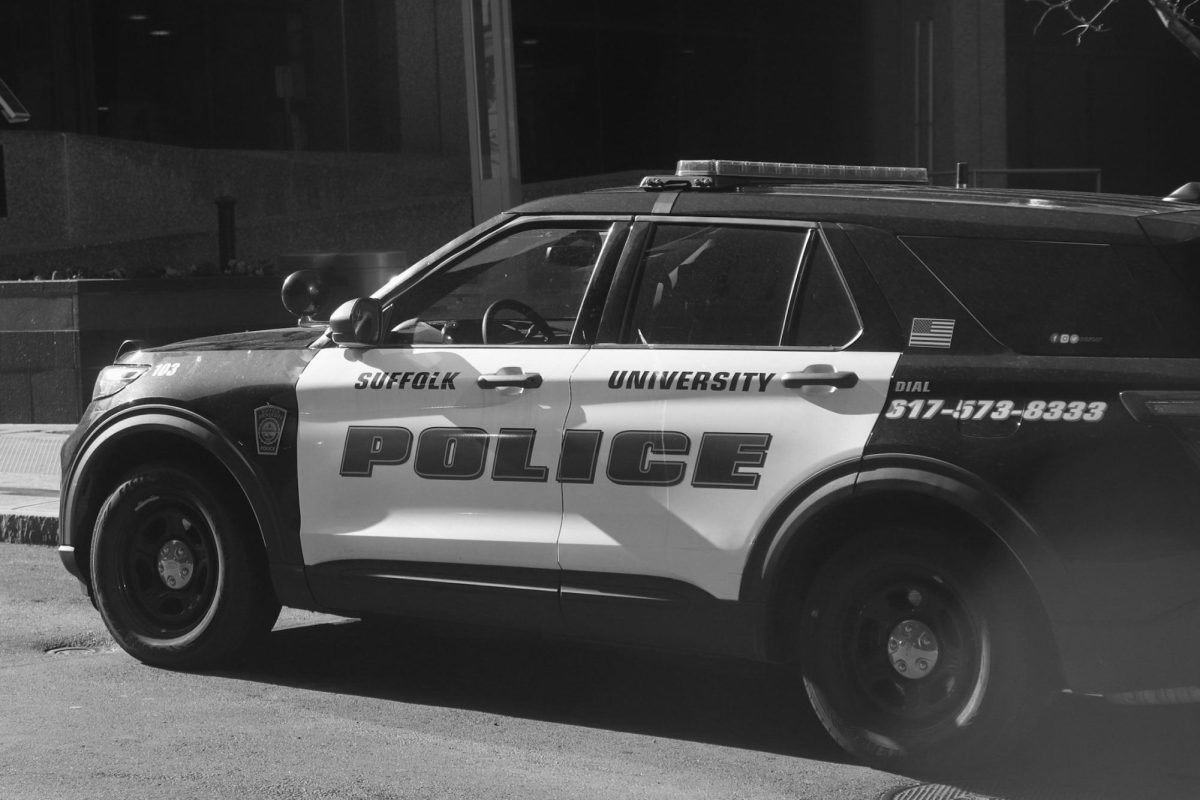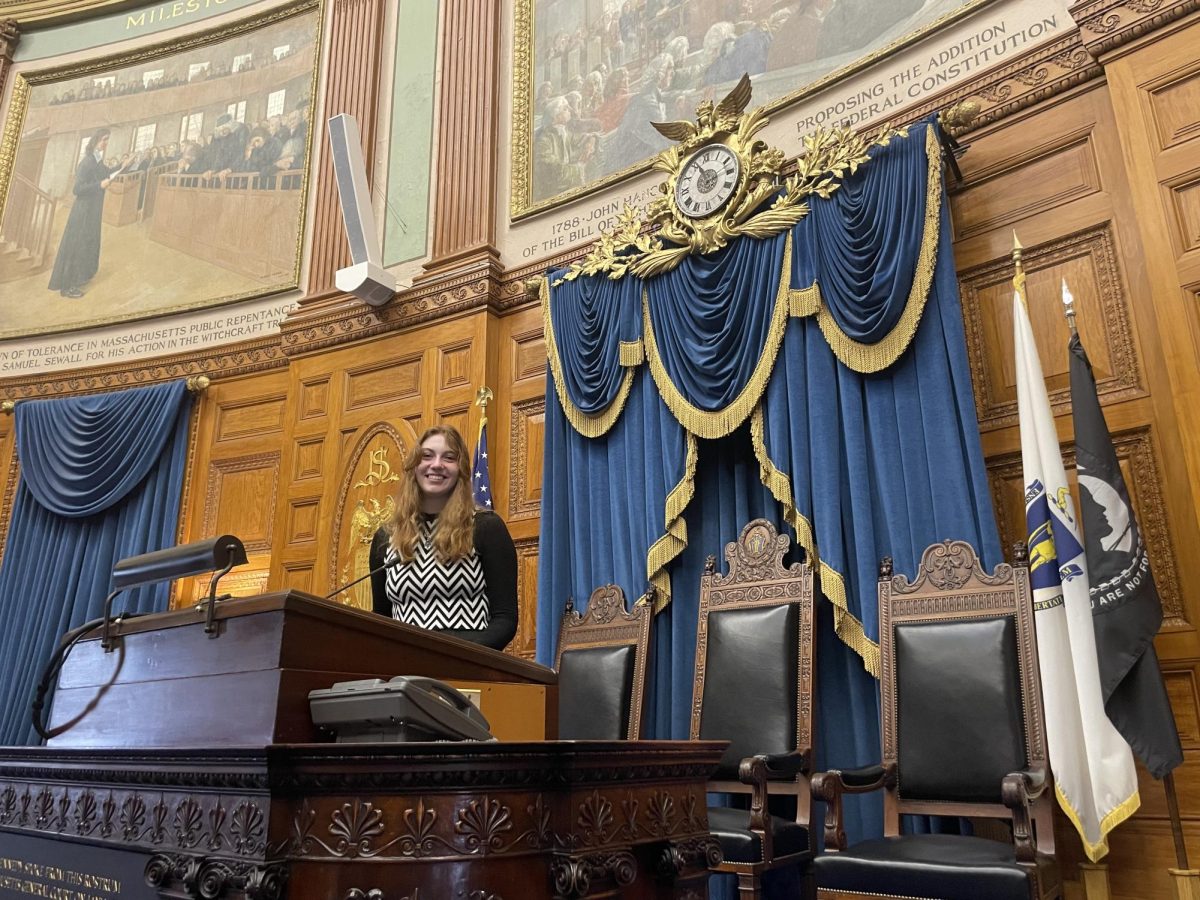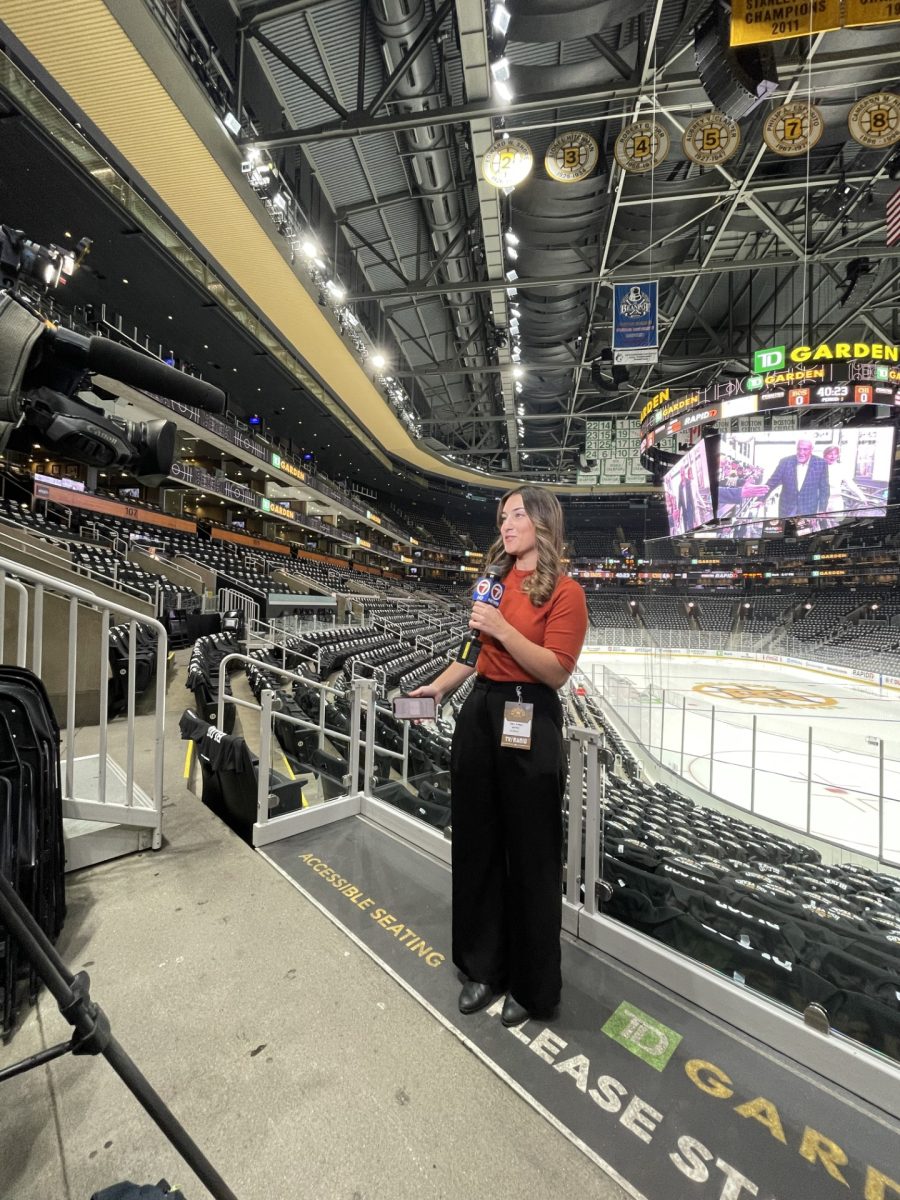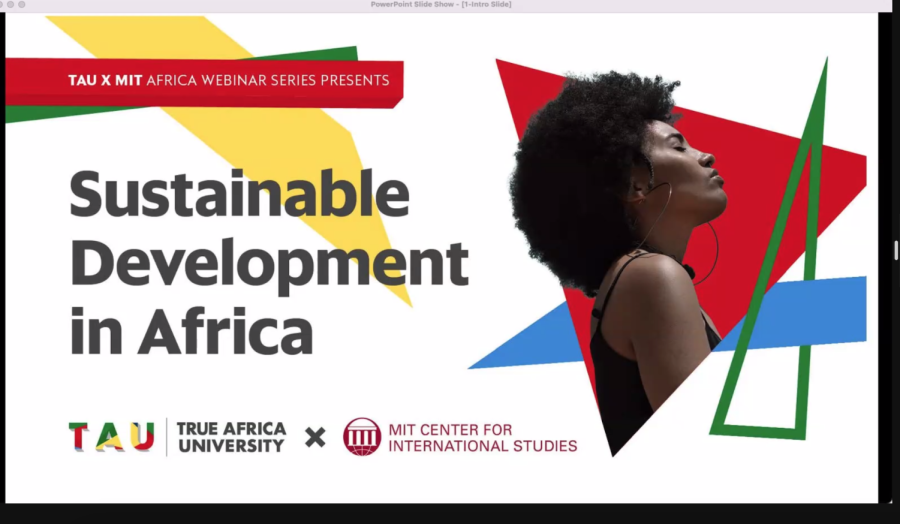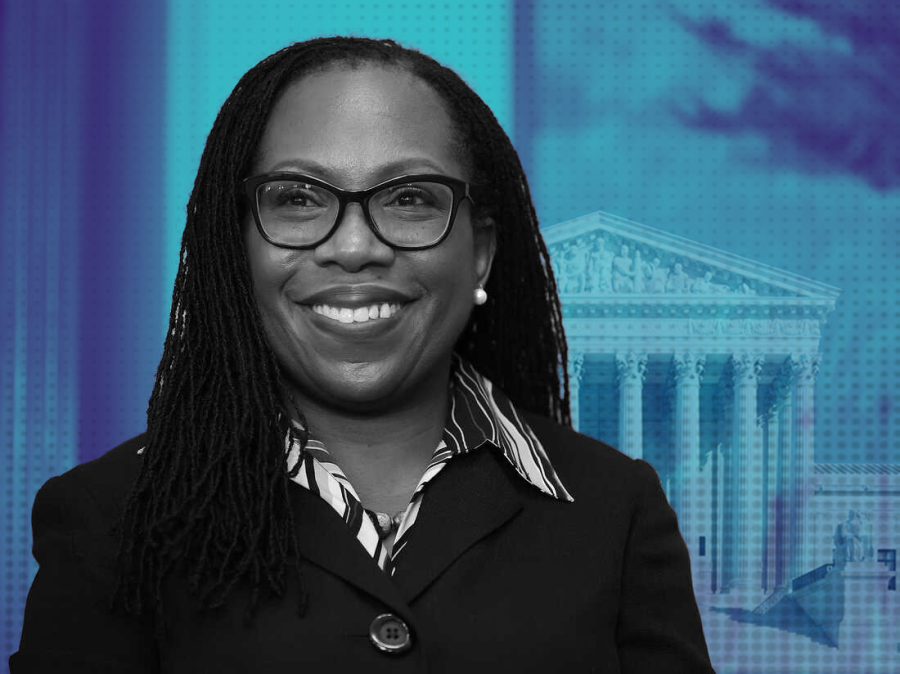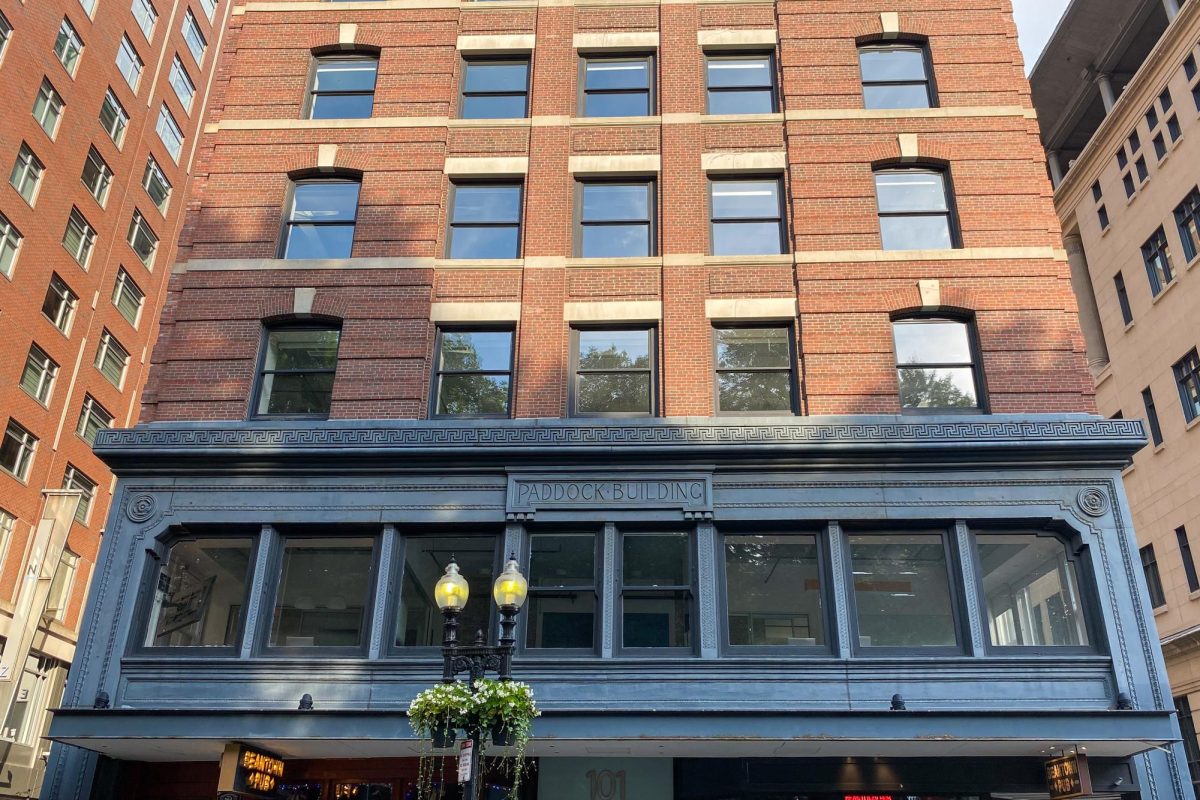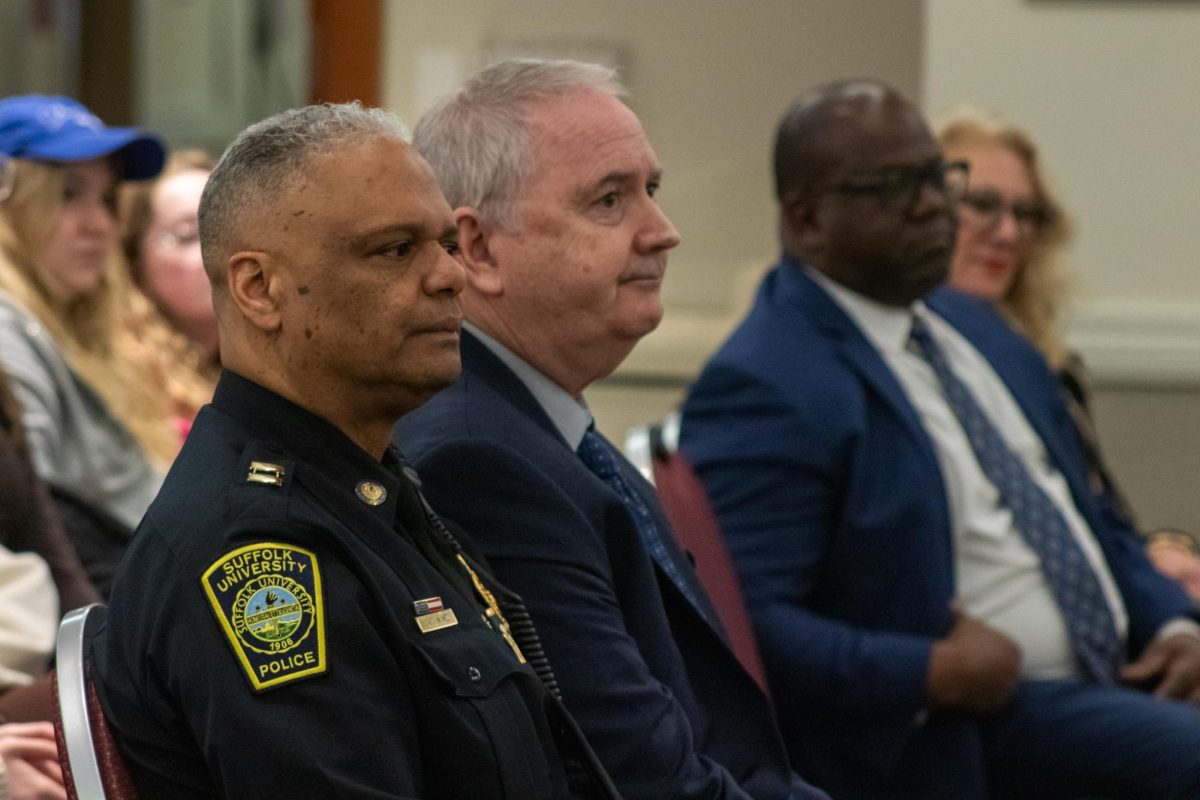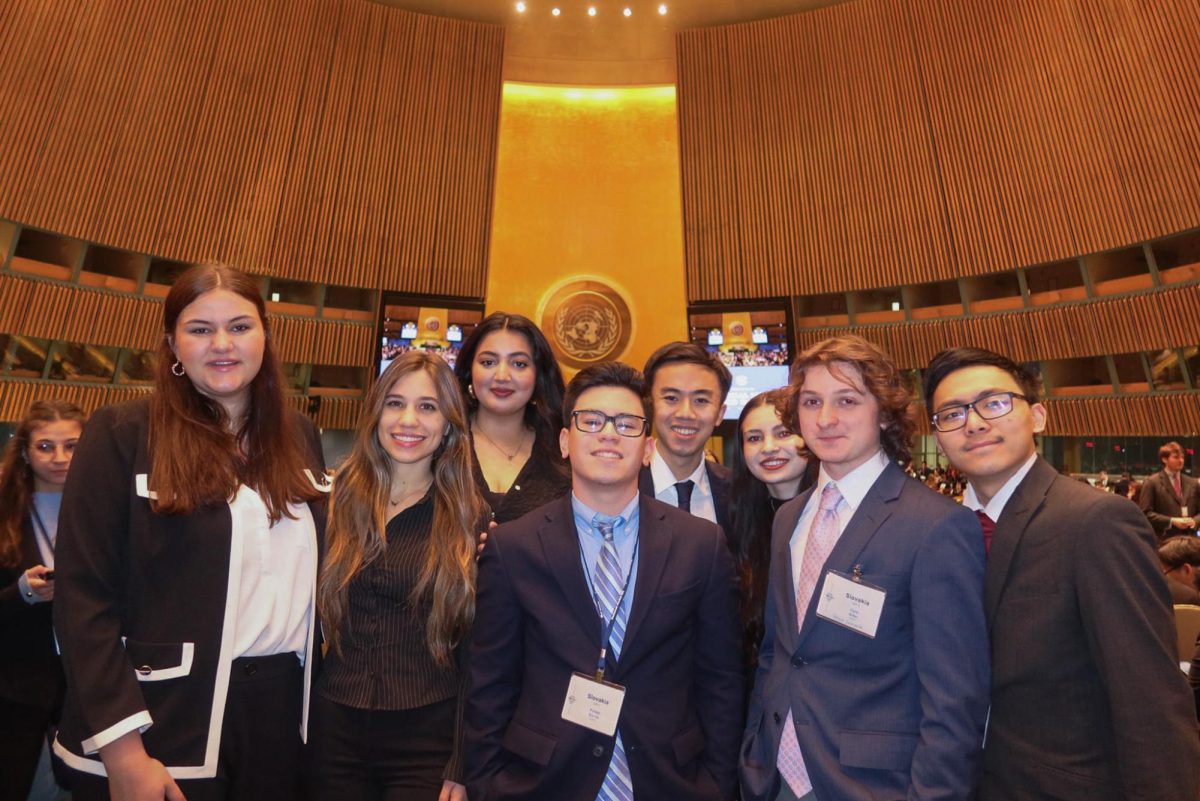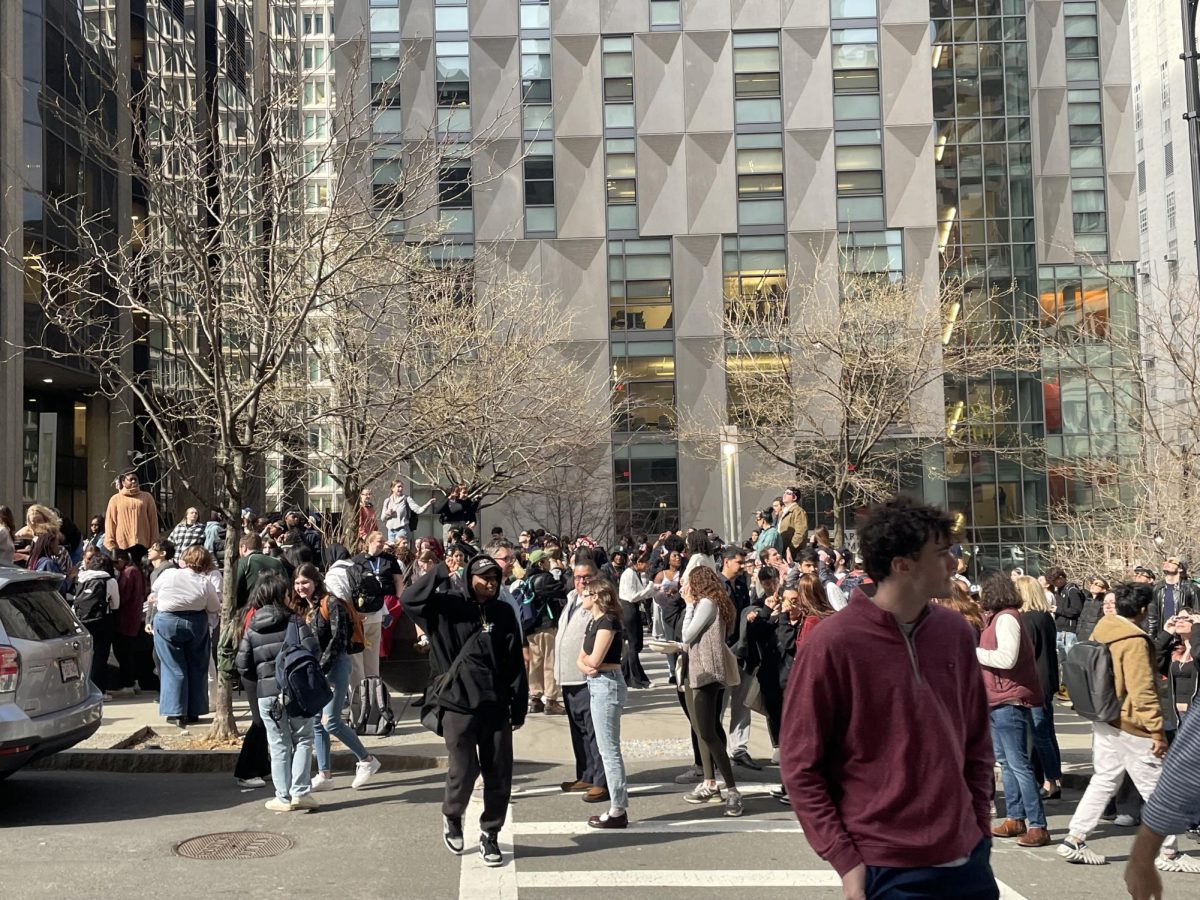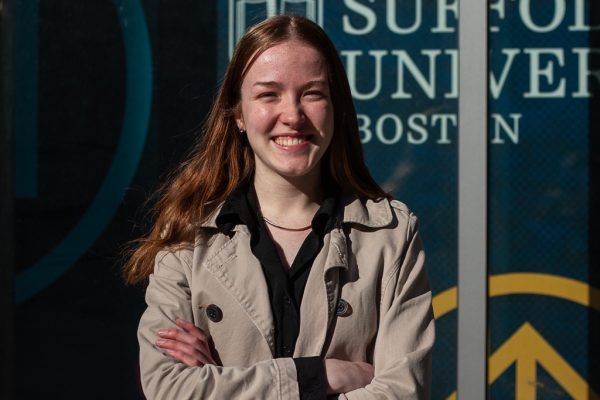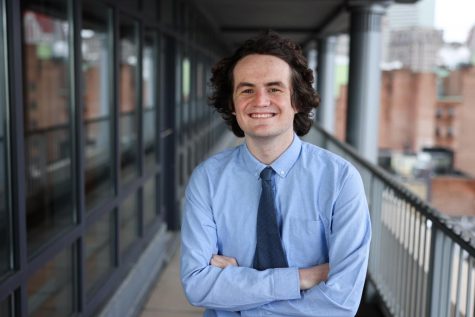Mayor Michelle Wu announced Boston’s first Reparations Task Force on Feb. 7, a group focused on studying the lasting effects of slavery in Boston and making recommendations for policy changes.
Over the next 18 months, the task force is set to examine reparations models, investigate disparities and historical harms enacted by the city against people of color and hold public hearings to spark conversations regarding the discrimination faced by community members.
“For 400 years, the brutal practice of enslavement and recent policies like redlining, the busing crisis and exclusion from City contracting have denied Black Americans pathways to build generational wealth, secure stable housing and live freely,” said Wu at the task force announcement. “Our administration remains committed to tackling long-standing racial inequities and this task force is the next step in our commitment as a city to advance racial justice and build a Boston for everyone.”
Among the task force’s members is Carrie Mays, 22, a student at the University of Massachusetts Boston and a youth activist. Mays sees the task force’s work as an important step in the work towards long-lasting change, both at a local and national level.
“I believe that this is a national opportunity for us to serve as a model to turn our pain into passion, our resilience into resolution and our past into a pathway to healing the future. I know that this is not going to end racism, it’s not going to end the centuries of colonialism. But it is a step towards making the change in terms of healing, reconciliation and transformative justice,” said Mays.
Reparations were first proposed by State Senator Bill Owens in the 1980s through H.R. 40, a bill to establish the Commission to Study and Develop Reparation Proposals for African-Americans at the national level. Owens was Massachusetts’ first Black state senator.
Boston’s Reparations Task Force is composed of 10 members from a multitude of backgrounds. The task force will be led by Chair Joseph D. Feaster, Jr., Esq., the former president of the Boston branch of the NAACP. Mays sees the members of the task force as a cross-section of Boston’s Black community.
“I believe that Michelle Wu has assembled a diverse and inclusive reflection of people’s different backgrounds that all have to do with being Black. One of the beautiful things about the task force is that it is an inclusive and reflective coalition of what our community looks like, including young people,” said Mays.
In addition to studying the historic harms and discrimination faced by Boston’s Black community as a direct result of slavery, the task force will also act as a conversation starter for the public, an avenue for people to begin sharing their stories.
“What a committee like this does is begin the process of raising awareness and getting a lot of conversations going. This topic has not been front and center to the general public, and a task force like this has not existed before. There’s a community education that a task force like this does,” said Rachael Cobb, chair of Suffolk University’s political science and legal studies department.
Mays emphasized the importance of these conversations and strives to use her position within the task force to uplift the voices of Boston’s community members.
“My goal is to bring my unique experience as a young Black person, as an African American woman, to bring my whole entire identity and my unique experience as well. Most importantly, my goal is to amplify the voices of the community. To amplify the voices of the descendants of slavery and those who have been impacted by this global phenomenon, by the systemic oppression of racism, of which slavery was inevitably connected to,” said Mays.
For Mays, who has been a youth activist in Boston for the past seven years, the formation of the task force is both a cause for celebration and motivation for change.
“I felt like this was a moment to really truly appreciate as a Black person, especially as a descendant of slavery. This meant a lot to me. And at the same time, I was ready to do the work. I’m ready to just do the work,” said Mays.


